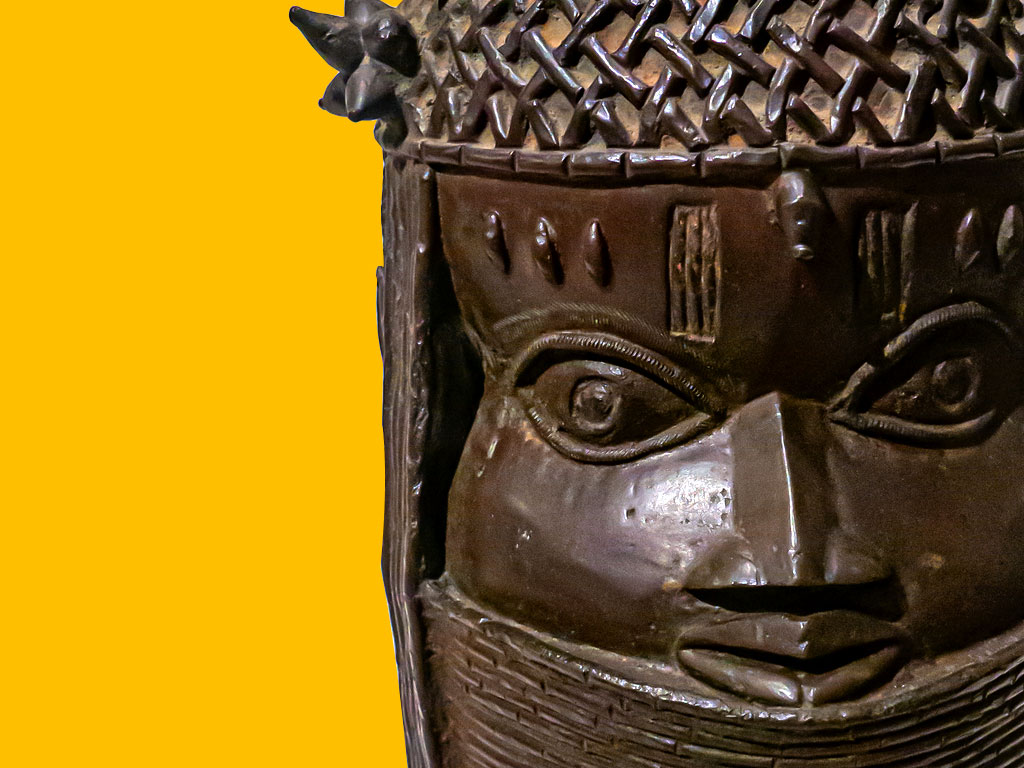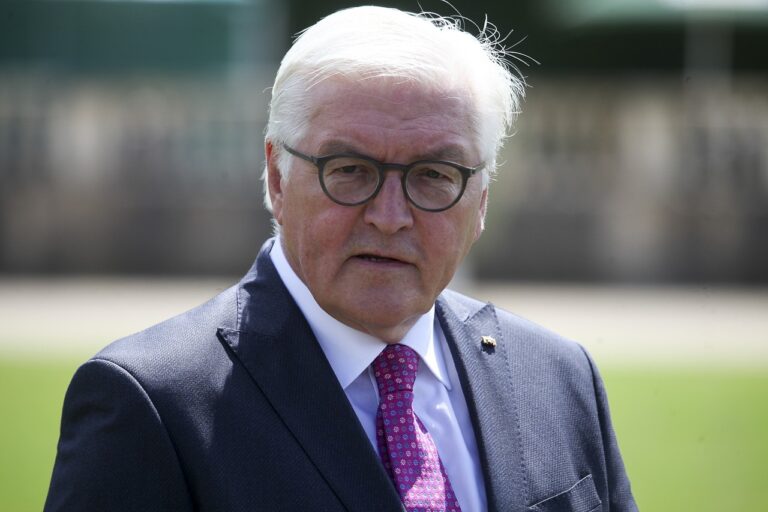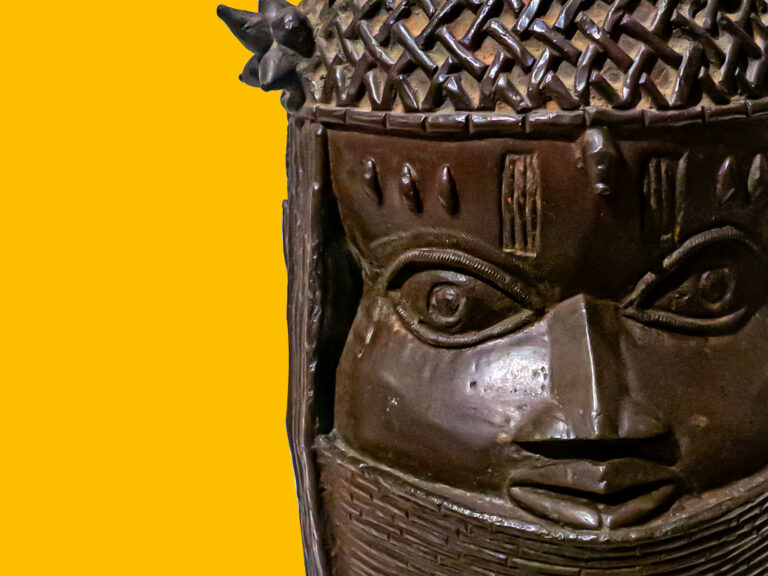Copenhagen, Denmark (TP)
Nigerians will have an opportunity to finally spectate high-valued artefacts produced in their country hundreds of years ago, as Germany has agreed to return bronze statues seized from the Kingdom of Benin.
‘We want to contribute to understanding and reconciliation with the descendants of those whose cultural treasures were stolen during colonisation,’ German Culture Minister Monika Gruetters told the BBC last week.
First of the returns are expected to take place in 2022. The over 500 artefacts from the Kingdom of Benin, which ruled in present-day Edo State in southern Nigeria, are currently displayed in Berlin’s Ethnologisches Museum. British troops looted thousands of these Benin Bronzes in 1897, and they ended up in museums and private collections across Europe through auctions.
Former colonies’ demands often not taken seriously
It’s hardly news that African countries demand their artefacts returned after decades of colonialism. Lots of these items have great cultural value and tell stories about African prosperity in an era before Europeans conquered through the continent. But the demands from former colonial nations were often not taken seriously by Western curators, who argue that Africa lacks recourses to protect the historical artefacts.
The notion has now changed. Since 2017 a small forum called the Benin Dialogue Group containing the current oba, the Edo state governor, the Nigerian government and as a result museums in Germany, the Netherlands, Sweden and the UK have worked on a plan to return some of the Bronzes to Nigeria.
According to Barnaby Phillips, a former BBC Nigeria correspondent and author to the book Loot; Britain and the Benin Bronzes, says retrieving the artefacts will be a huge milestone.
‘A museum in Benin City, full of magnificent Benin Bronzes returned from Europe, would be one of the most significant moments in African cultural history since independence,’ Phillips told the BBC.
‘Nothing new about this sudden focus on repatriation‘
Europe has gained a lot of experience in the processes of returning artefacts and art pieces throughout modern history. Nations throughout the continent have demanded cultural pieces returned after some of the major wars. For example, France had to return thousands of stolen artefacts from across Europe after the Napoleonic Wars and Germany went through a similar process after WWII, when Nazis stole several cultural pieces from museums, collectors and Jewish communities.
‘So, there’s nothing new about this sudden focus on repatriation again,’ Vinnie Nørskov lecturer at the institute for Culture and Society at Aarhus University told Danish outlet Globalnyt.
Last year the French national assembly voted for returning cultural artefacts to Benin and Senegal. And in the Netherlands directors from Rijksmuseum (National Museum) and Tropenmuseum openly support initiatives that could return 100,000 artefacts to the country’s former colonies.
‘In 2018 French president Emmanuel Macron announced that it should be possible to repatriate African cultural piece back to Africa. Likewise, the Black Lives Matter movement set a focus on confronting the past including the colonial era,’ Nørskov said.
Now, the events in Germany spark hope for more of the Postcolonial states on retrieving their stolen pieces back because of these two recent agenda setting initiatives in the repatriation debate.
The process is only in the beginning and some states are taking a slower approach. For example, the British Museum currently houses more then 900 Benin artefacts and has yet to make agreements on returning them.
‘[The British Museum] is committed to facilitating a permanent display of Benin material [in Edo]. The selection of objects will be determined through discussion with our Nigerian colleagues,’ the British Museum told the BBC.














